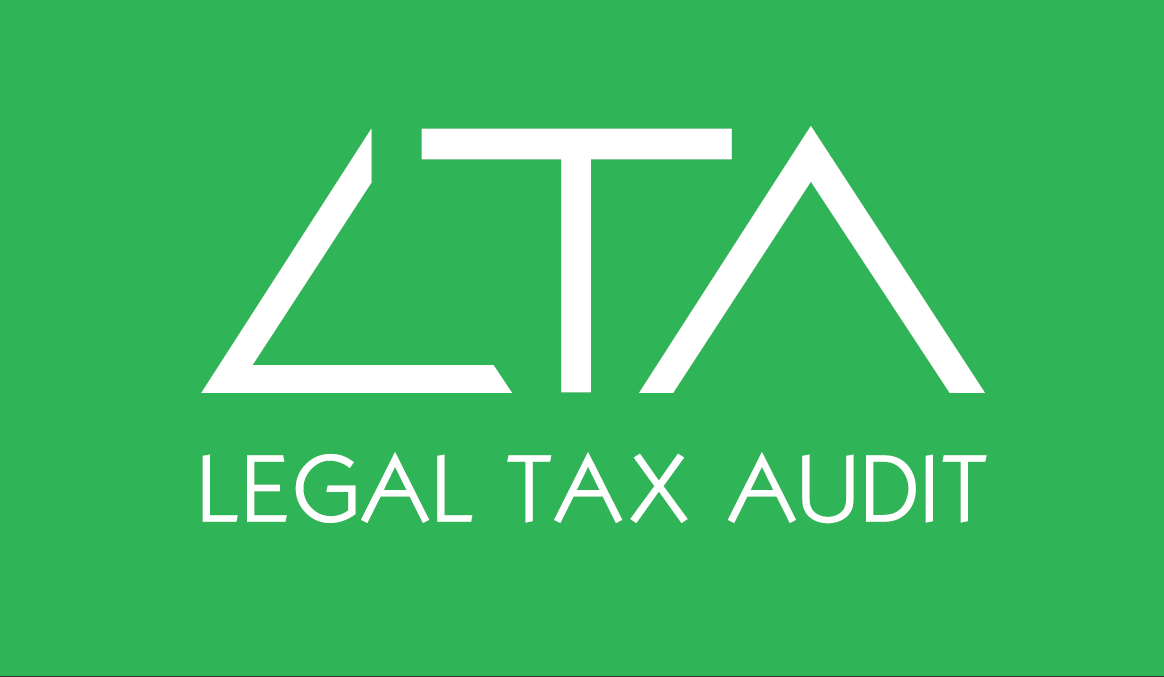The current amendment to the Labour Code will allow employers and employees to agree that the employee will schedule his/her own working hours – not only when working remotely as before, but also when working at the employer’s workplace. Here are answers to the most frequently asked questions:
FROM WHEN?
From 1 January 2025.
HOW?
By written agreement between the employee and the employer.
WHICH EMPLOYEES?
Self-designation can be negotiated with both salaried and contingent employees.
WHAT IS GOOD TO REMEMBER?
Clear and specific terms and conditions so that in practice everything works to both parties’ satisfaction. In the agreement, we recommend, for example, that the maximum shift length, continuous daily and weekly rest periods and statutory meal and rest breaks be stipulated, or that the possibility of working at night and on weekends, when the employee is otherwise entitled to statutory wage supplements, be excluded.
IS IT NECESSARY TO KEEP RECORDS OF WORKING TIME?
Yes, the employer is obliged to keep records of working time in these cases as well. It is therefore advisable to agree in the contract on the necessary participation of the employee.
WHAT ABOUT WORK-RELATED OBSTACLES AND HOLIDAYS?
For the purposes of obstructions to work, taking leave, business travel, holiday pay and, where applicable, other cases determined by the employer, a notional working time schedule, which must be determined in advance by the employer, is used. At the same time, in the case of certain personal obstacles to work (e.g. a visit to the doctor), the employee is not entitled to wage compensation.
CAN THE AGREEMENT BE TERMINATED?
Yes, with 15 days’ notice (unless the parties agree otherwise). The employer then schedules the working hours in the classic way.
The LTA employment law team will be happy to assist you with any further questions and with putting self-scheduling into practice.


 Čeština
Čeština Deutsch
Deutsch